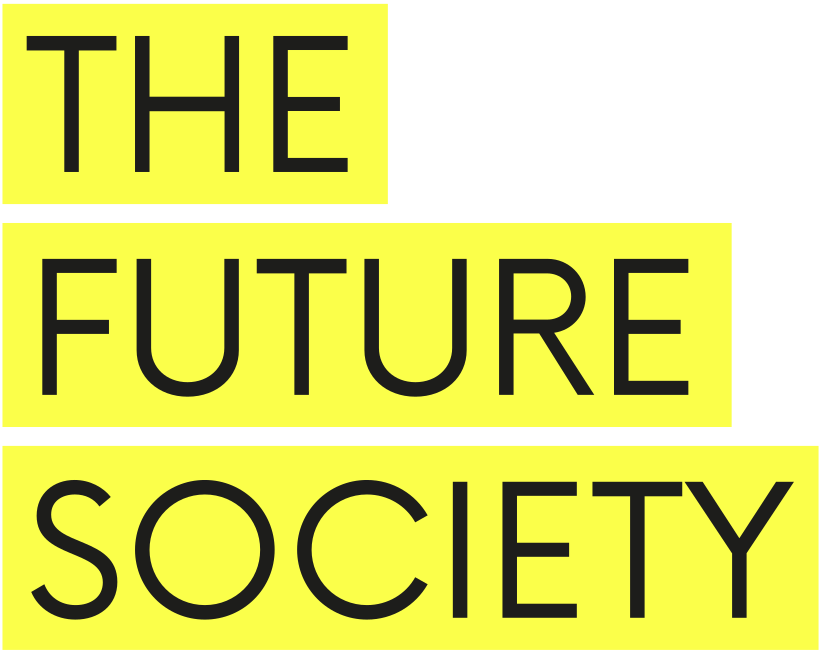Main Insight
The rapid development of artificial intelligence (AI) will be the key strategic factor of the new geopolitics. It can act as a catapult for economic growth and innovation with profound impacts on all sectors of the economy. Will this lead to the monopoly of a few large companies and a perhaps insurmountable gap between the
The Impact of Artificial Intelligence on Economic Growth & Geopolitics
September 28, 2020
The rapid development of artificial intelligence (AI) will be the key strategic factor of the new geopolitical context. It can act as a catapult for economic growth and innovation with profound impacts on all sectors of the economy. Will this lead to the monopoly of a few large companies and a perhaps insurmountable gap between the countries leading in AI and the rest of the world?
Learn about these dynamics and more in “The Impact of Artificial Intelligence: Economic Growth and Geopolitics” by Nicolas Miailhe, Yolanda Lannquist and R. Buse Çetin on the Special Issue of Vanguardia Dossier: “Who will rule in AI?“.
